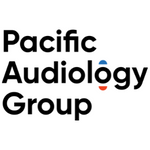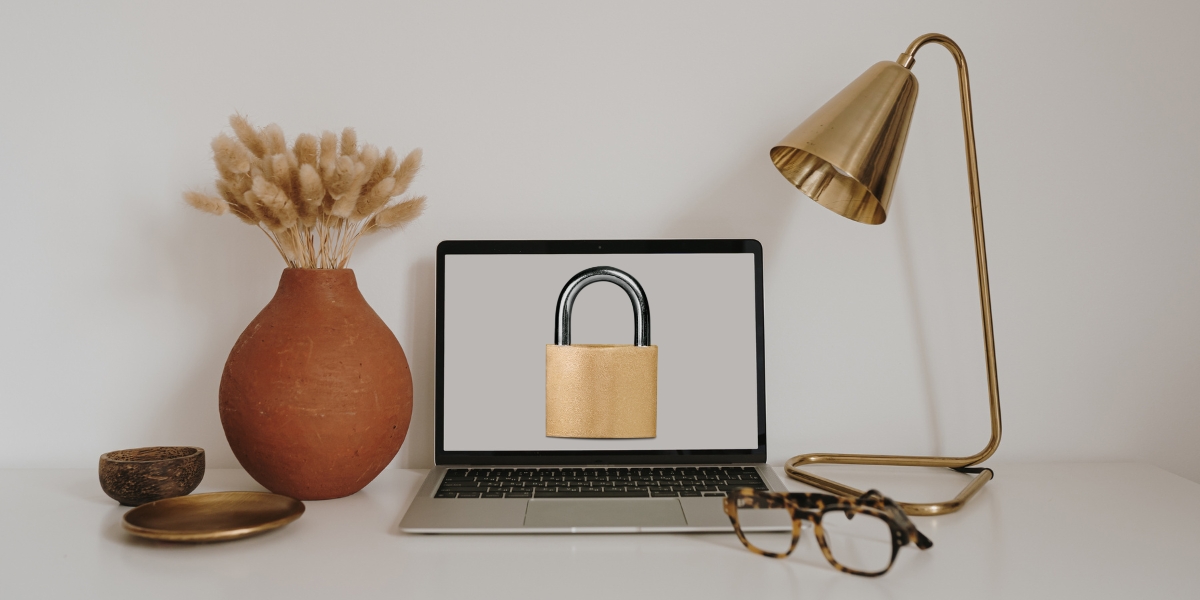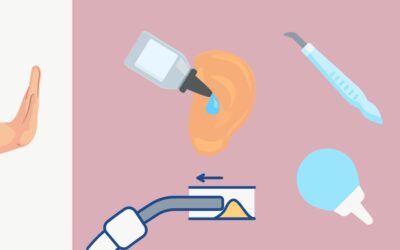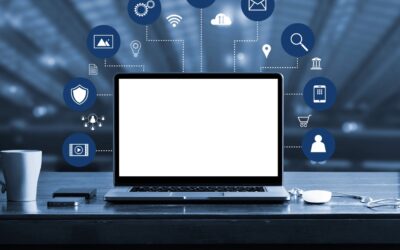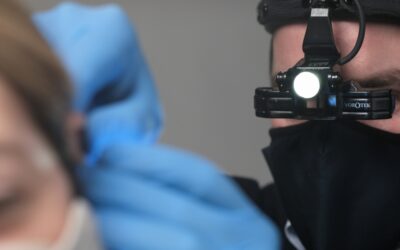As we dive into the Internet of Things (IoT) world, we witness incredible transformations in hearing care. For hearing healthcare professionals, embracing the opportunities technology brings while remembering to prioritize patient safety and privacy is essential.
One of the most exciting advancements in hearing care is the rise of innovative hearing aid technologies. My 99-year-old grandmother adjusts her hearing aid settings from her smartphone! With intelligent hearing aids, she can simply adjust her aids for a more personalized and convenient experience. Plus, new algorithms and processing systems are continuously improving to filter out background noise, improving speech clarity, enhancing overall sound quality, and making it easier to catch up on family gossip at the dinner table and in Zoom meetings.
In addition to these breakthroughs, artificial intelligence (AI) and machine learning (ML) are changing the game in hearing care. These tools help professionals analyze vast amounts of patient data, uncovering patterns and trends that may have been hard to spot otherwise. This increased insight means more accurate diagnoses and personalized treatment plans, helping patients hear better and enjoy life to the fullest.
Here are a few examples of how AI is revolutionizing hearing aids:
- The Surprising Role of ML in Tinnitus Treatment
- From Speech Recognition to Sound Processing: AI’s Impact on Hearing Care
- The Future of Hearing Tests: How AI and ML Are Making Them More Accurate and Accessible
- AI Is Helping Practitioners Better Understand and Treat Hearing Loss
The beauty of the IoT extends to telemedicine and remote care in hearing care. Remote hearing tests and hearing aid fittings are now possible through specialized software and equipment, meaning patients can receive care without leaving their homes. IoT is a game-changer, especially for those in remote or underserved areas.
However, with these state-of-the-art technological leaps comes new challenges and risks, such as cybersecurity threats. As healthcare providers rely more on technology, from electronic medical records to telemedicine platforms, they must ensure patient data’s safety and security.
So, how can clinic owners take full advantage of IoT while complying with privacy laws? Here are three tips:
- Invest in Cybersecurity Measures: Prioritize patient data safety by implementing access controls, encryption, and regular security audits. Also ensure all third-party vendors and partners follow the best cybersecurity practices.
- Stay Informed on Privacy Laws: Keep up with privacy laws like PIPEDA/HIPAA to ensure compliance. Collaborate with a compliance expert to create policies and procedures.
- Adopt Smart Technologies Step by Step: Instead of going all in simultaneously, gradually embrace new technologies. By taking a measured approach, clinic owners can fully understand the benefits and risks associated with each technology while safeguarding patient data.
The IoT is reshaping the hearing care landscape, opening doors to improved patient care and outcomes. Balancing these new opportunities with the challenges of cybersecurity threats and privacy laws is crucial. By investing in robust cybersecurity measures, staying informed on privacy laws, and embracing new technologies step by step, clinic owners can provide the best possible care while protecting patient privacy.
If you found this blog helpful, please share it on social media!
